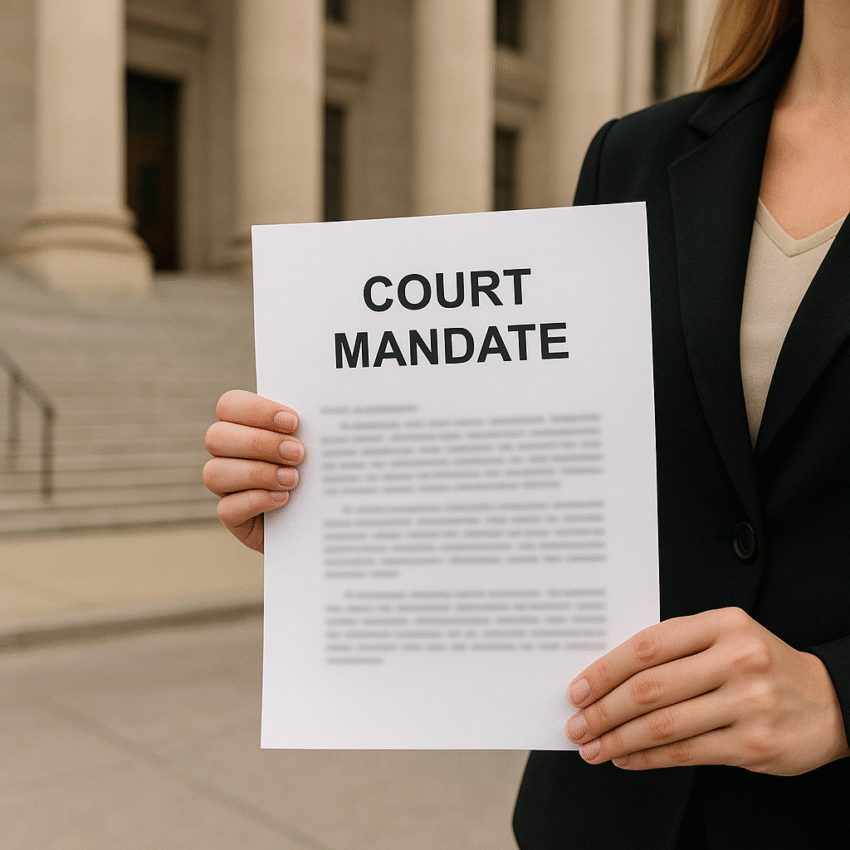When a family court orders a psychological expertise (psychologisches Fachgutachten), it issues a formal mandate, an order—the Auftrag.
This mandate defines what the expert must examine, what questions to answer, and the scope of the investigation.
It’s not an open invitation to assess anything and everything. It is, in theory, a focused, purposeful instruction.
In my own custody case, the expertise’s final conclusion supported my position. Yet the way the expert executed the Auftrag — and the aspects left unexamined — highlight a problem that goes far beyond my personal circumstances.
The Court’s Auftrag
The family court instructed the expert to:
- Assess the parenting capacity of both parents in light of the children’s needs.
- Evaluate the children’s emotional, social, and developmental situation.
- Determine whether the current living arrangements served their welfare, or whether a change was necessary.
- Provide recommendations that would minimize harm and disruption to the children.
On paper, this Auftrag (the Order) was clear, reasonable, and directly tied to the core legal question: where and under whose care would the children thrive best?
What Was Actually Examined
The expertise covered many relevant points — but also ventured into areas not directly connected to the Auftrag (Order), while giving less attention to others that were central.
Some observations were highly detailed on peripheral matters, such as extended historical narratives or interpretations of past conflicts, but comparatively less attention was given to:
- The children’s expressed wishes in a consistent, reliable way.
- The practical feasibility of certain recommendations.
- Cultural and cross-border factors influencing the family situation.
By focusing disproportionately on some aspects while under-examining others, the report left parts of the court’s original mandate only partially addressed.
Why This Matters
An expertise that wanders away from its Auftrag (Orders) risks introducing bias — not necessarily intentional bias, but bias through imbalance.
If key questions receive only partial answers, the court may base its decision on an incomplete picture, even when the final recommendation appears sound.
In my case, the expertise was in my favor. But my objection lies in the process: essential points, facts, and milestones were left out, preventing the court from receiving a complete picture. The report overvalued certain institutional perspectives while avoiding deeper scrutiny. Even more concerning was the absence of critical engagement from anyone participating in the hearing — especially from those with a juristic role, whose duty should include questioning and balancing the expert’s conclusions.
Next in the series: How Methodology Shapes Conclusions – Testing, Observation, and the Question of Neutrality.

